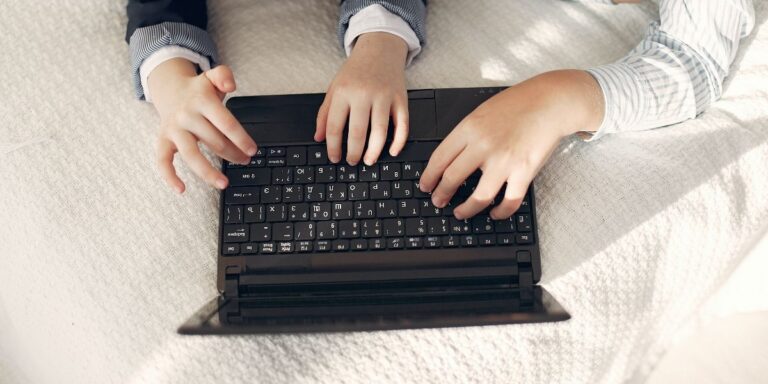‘So Now We Are Isolated…’
Our Director of Psychosocial Services GRAHAM FAWCETT shares ideas and tips for self-isolating.
For most of us, most of the time, the idea of a day at home is blissful. Two days perhaps… But 14 or more with little to no chance of going out takes on a different feel. Fortunately, we’re not the first to face this scenario and, over the centuries, people have learned how to cope, even flourish in these circumstances.
Preparing for what is reasonable is helpful. By reasonable I don’t mean preparing for the Zombie Apocalypse, I mean thinking through what it means to stay put in a room that may not be your own (e.g. a hotel or centre) or in your own home for a long time. Before the door closes get into the habit of always having your medication, phone, charger, ID, cash and ways of getting cash nearby. You’ll already have thought through food you want but also think, if you’re able, about some treats and things to do. Stock up on things you already enjoy and do more of that. Some find growing a new plant or similar helpful as a change.
Once the door is closed then there are a range of helpful habits to get into, some of which are counter intuitive. The key one for our sanity is to adopt a routine.
Get up and get dressed at a pre-arranged time. You’re not sick so take care not to get into that role. Also take care not to let your days drift by sleeping in longer and longer, you can end up reversing your days and nights after 2 – 3 weeks. Similarly decide on a bed-time and stick to it – your body will thank you and you will feel less stressed the following day.
Decide when your mealtimes are and adopt a routine. It needn’t be rigid but, again, our body does so much better when it has a rough idea of what’s coming next and when.
Keep on top of chores and think about all the things you maybe intended to do around the house be it decluttering or hanging that picture, hobbies you wanted to develop but never got to; this is your opportunity.
If you are working from home whilst isolated set work hours which get the job done and also fit in with the schedule of those around you. People often find working in short bursts better than trying to work for hours at a stretch. Use Whatsapp groups, video chats and meetings to stay connected to your colleagues.
In our current situation one piece of advice is prominent across many platforms – stay away from the news. Get the news you need to decide about practical stuff but avoid getting wound up or upset about things over which you have no control. Remember our devices are designed to get our attention so dial back the notifications and find the settings that alert you to those you care about trying to contact you.
In a similar vein, stay off social media which is also designed to alarm us given half a chance. Instead speak to people on your favourite video link and compare notes, share news and find potential new ways of being together.
Boost your immune system by exercising. Most of us don’t have our own gym but it needn’t be a lot (and it may be boring). Find a way to walk for 15 minutes a day in one go, climb stairs from bottom to top and back again for 5 minutes, get out of breath and then do it all again the next day. Do time trials with anyone else in the house. If you can’t do that then stretch each muscle in your body in turn. Twice. Stand up and move every hour or so during the day to prevent muscle loss and lift weights every day for 5 minutes – not dumbbells but maybe a bag of flour, a wine bottle (yes, with wine in it), that heavy book you’re never going to read anyway.
Finally, plan. What are you and those you are with going to do in the first 5 minutes of leaving, the first hour, the first day. Make a plan, it will give you hope.
Also from Graham, read about ‘Managing Scary Thoughts In Scary Times‘.










